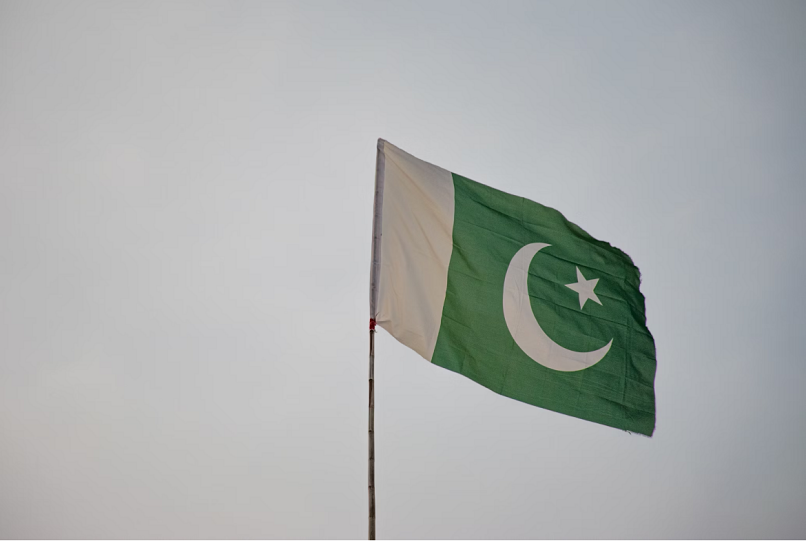Pakistan Grants Licenses to Three Services Amid VPN Crackdown

The Pakistan Telecommunications Authority (PTA) announced on April 18, 2025, that it has officially licensed three companies to operate VPN services in the country. It urged other VPN providers to apply for licenses to ensure compliance with government regulations.
According to the official statement, the PTA has begun issuing licenses under the “Class License for the Provision of Data Services in Pakistan.” Several companies have already received approval under this framework.
The announcement also carried a subtle warning for those operating without a license. The PTA stated, “Timely licensing will help prevent potential service disruptions and ensure uninterrupted services to customers.” This suggests that unlicensed VPN services could soon face blocks or degraded functionality if they don’t comply.
The PTA first revealed plans to regulate VPN services in December 2024. The decision is part of a broader effort by the government to tighten control over internet access. In recent months, X (formerly Twitter) has been banned in the country, initially during the February 2024 elections. Telegram was also blocked, while other platforms like Facebook, YouTube, and even Wikipedia have faced periodic restrictions.
With Pakistan’s online environment becoming increasingly restrictive, more and more internet users have turned to VPNs to bypass content blocks and censorship. This mirrors a broader global trend in countries that limit access to information. In Turkey, VPN usage surged by over 10,000% following the arrest of Istanbul’s mayor. In Russia, the government ordered Apple to remove VPN apps from its App Store due to widespread use in circumventing censorship.
In this context, Pakistan’s introduction of a licensing regime is seen as a way to restrict VPN use while presenting the move as regulatory oversight. In an article by local newspaper The Dawn, the PTA outlined its plan to “localize” VPN services — a move that could give authorities greater control over VPN providers and potentially access to user data.
VPN providers can now apply for licenses through the PTA’s website. Critics warn, however, that these measures raise serious concerns about surveillance and censorship, particularly in countries with a track record of limiting online freedoms.



Please, comment on how to improve this article. Your feedback matters!